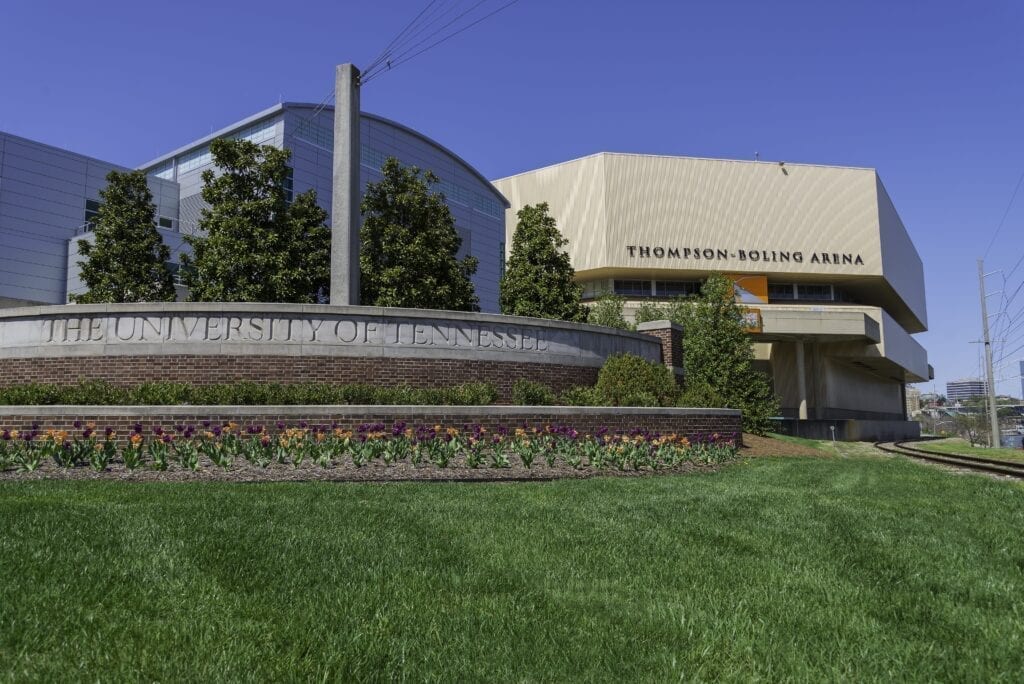ORNL researcher discusses climate change, energy use
ORNL researcher Melissa Allen came to speak about how climate change will impact electricity use at the final UT Science Forum.


//Photo by Ryan McGill
At the final UT science forum on April 22, post doctoral researcher Melissa Allen discussed the impacts of climate change on electricity demand and supply.
Allen, who works at Oak Ridge National Laboratory, says she began studying this field because many people were researching how our energy usage affects the climate, but no one was looking at how climate change affects our energy usage.
“We hear a lot about how our energy use and the emission associated with that are affecting the climate, and I wondered, how is the climate impacting our energy use?” Allen told the audience.
“Our records and observations about the climate have gotten much better, and we keep coming up with the same answer,” she said. “The earth is warming and humans are responsible for that.”
Allen’s presentation revolved around three major scientific studies that depict the long-term outcomes of what will happen to our energy usage if the climate continues to be affected in the ways that it currently is.
One of the main impacts that climate change could have on our energy usage is that as it gets warmer outside, we will use more electricity. More people will have to cool their homes for longer periods of time, consuming more electricity than we currently do. Many parts of both the United States and the world do not have the energy infrastructure to keep up with the rising demands for energy like the one offered on compareyourbusinesscosts.co.uk/.
For example, Allen referenced a study done on TVA in the Cumberland River Basin area that determined that climate change will cause the “rate of electricity demand to increase substantially due to population growth and temperature increases.”
Even while scientists are trying to determine the long term effects of climate change, the science behind this study is becoming increasingly more complex.
“Projections must include scenarios of technological change as well as high resolution climate and population changes,” Allen said. “There are all kinds of cascading effects that come out of these situations.”
Despite all of the details and complex science that goes into Allen’s climate models and predictions, she said one thing is clear and simple; humans need to take drastic steps combating climate change.
“I think we are at risk of some kind of tipping point,” she said. “We’re seeing some big changes now and if we don’t change in a big way soon we might see something that we couldn’t predict.”
Edited by Ben Webb
Featured Image by Ryan McGill

